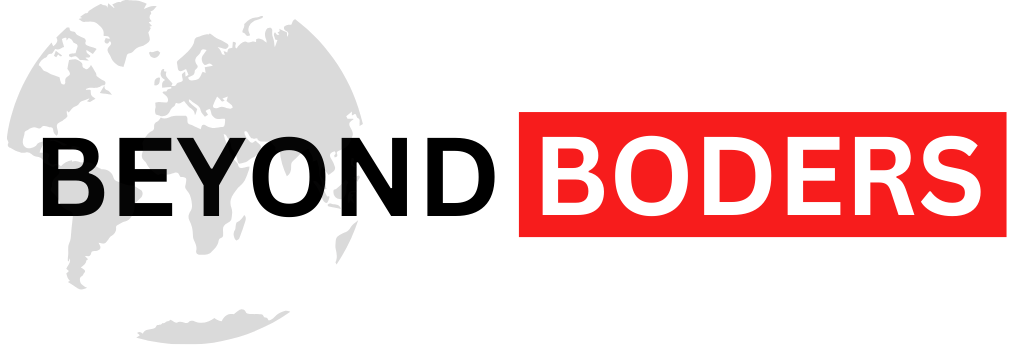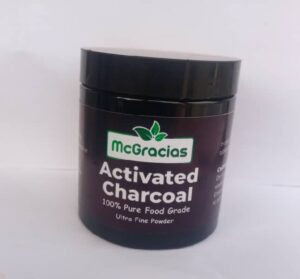Fuel scarcity in Nigeria might get worse as the Nigerian National Petroleum Company Limited (NNPCL) has admitted it owes $6 billion to petrol suppliers.
After weeks of denial, NNPC confirmed the debt on Sunday, blaming it for the long queues at filling stations across the country.
In a statement by Chief Corporate Communications Officer, Olufemi Soneye, NNPC said that its financial challenges are due to the high cost of petrol supply.
Soneye also explained that the company’s debt is affecting the steady supply of petrol.
Earlier in July, reports showed that Nigeria’s debt to petrol suppliers was over $6 billion. NNPC has been struggling to cover the cost difference between local pump prices and international fuel prices.
The company’s financial problems began when payments for petrol exceeded $3 billion early this year. Some traders revealed that NNPC has not paid for imports made as far back as January, and the debt is still growing. Under contract terms, NNPC should pay within 90 days of delivery.
“The only reason traders are putting up with it is the $250,000 a month (per cargo) for late payment compensation,” an industry source said.
Since June, Nigeria has been making smaller tenders to buy petrol, and five traders have stopped supplying NNPC due to unpaid bills.
Previously, NNPC denied owing $6.8 billion to international oil traders, stating that outstanding payments are normal in the oil trade. However, the company later admitted to financial difficulties linked to petrol supply costs, which threatens the country’s fuel supply stability.
Soneye added that NNPC is working with government agencies and other stakeholders to maintain a steady supply of petrol.
The company is also committed to its role as the last supplier under the Petroleum Industry Act to ensure national energy security.
Nigerians have been facing a persistent fuel crisis since July, and NNPC’s sudden admission has led to speculations that the Federal Government may stop covering the cost difference for imported petrol, which could cause petrol prices to rise above N1,000 per liter.




